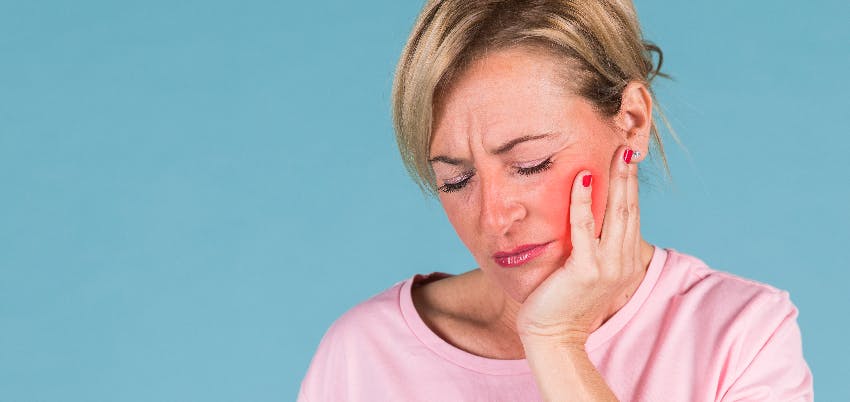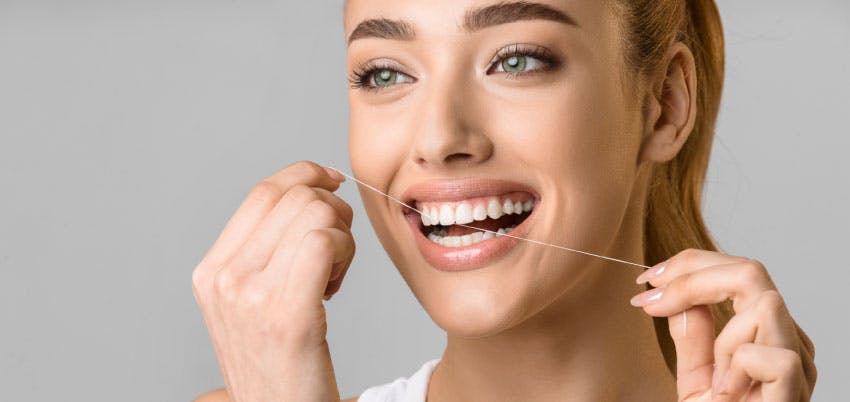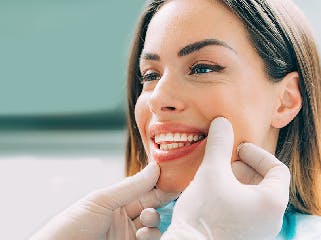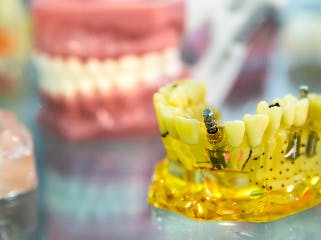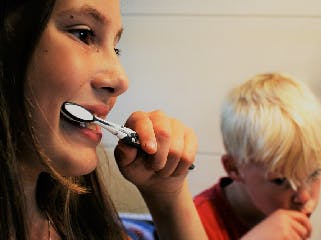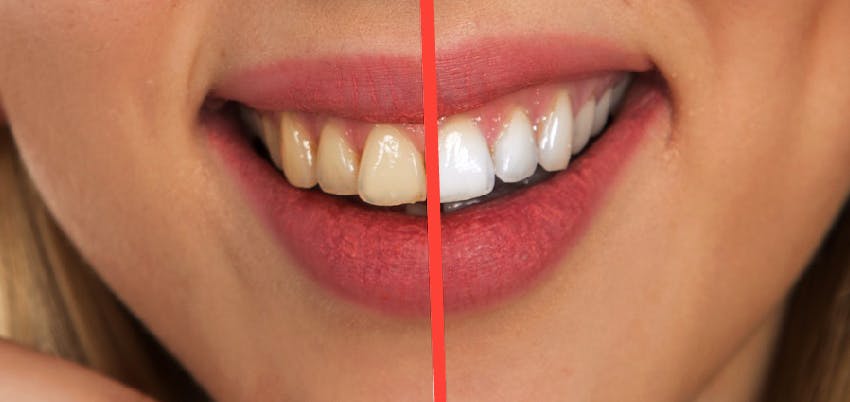
Teeth Whitening at clinic or at home
by Wildsmile
Teeth whitening is a dental technique designed to remove stains and yellowish color that teeth acquire over time due to drinks such as coffee. Once finished, the tooth looks an average of six shades lighter than before starting. There is a whitening technique that is performed in the dental clinic and another that takes place at home.
1. Teeth Whitening in the dental clinic
Because it requires the appropriate professional equipment, this technique is carried out in the office. It is a procedure with led light. Its duration is 45 minutes and it is not invasive. First, an insulating gel is protected from the mucosa. The next step is to place the whitening gel on the dental pieces to be treated and then expose them to the led cold light lamp. This is intended to activate the whitening effect of the gel.
2. Teeth Whitening at home
It is carried out in the patient's home and requires splints that are acquired in the clinic, since they must be adapted to the patient's mouth.
The dentist gives the patient the necessary instructions to place the hydrogen peroxide inside the splints and then place the splint in his mouth and let it act.
The concentration of the bleaching agent used at home is lower than that used in the clinic.
This treatment should be followed for two weeks, period in which the teeth are gradually losing shades daily.
3. Advantages of Teeth Whitening
Both treatments are in high demand due to the aesthetic results they show. By returning a whiter smile, the person gains self-confidence again. Each of the two treatments has its particular advantages:
· Whitening with led light: it stands out for the speed in which it acts, since it requires a single session to achieve the desired results.
· Whitening at home: its biggest advantage is durability over time.
4. Is teeth whitening a procedure to use in all cases?
No. Certain dental conditions make whitening contraindicated. They are:
· Fillings, crowns, amalgams or other dental restorations
· Dental sensitivity (the sensitive part is identified and not bleached)
· Stains due to tetracyclines
· External resorption
· Mild pigmentations (this condition can be treated with a deep dental hygiene session in the office)
· Gum retraction (usually generate a lot of tooth sensitivity)
· Macroporosity (it is a condition of the enamel that generates very short-term results)
If the conditions for teeth whitening occur, the procedure has no contraindications. In cases where a higher concentration of the bleaching product is used by mistake, a transient sensitivity may be generated. Even some patients experience it if the concentration of the product is adequate. This sensitivity gives the sensation of stitches in the pieces that are being treated, but disappears shortly.
Want to learn more about this?
Contact us
Your contact request is registered. We will contact you as soon as possible.
Lorem ipsum dolor sit amet, consectetur adipisicing elit. Adipisci alias aliquid amet commodi dolor, dolore doloremque dolores fugit quod repellat.
 POR
POR
 ENG
ENG


